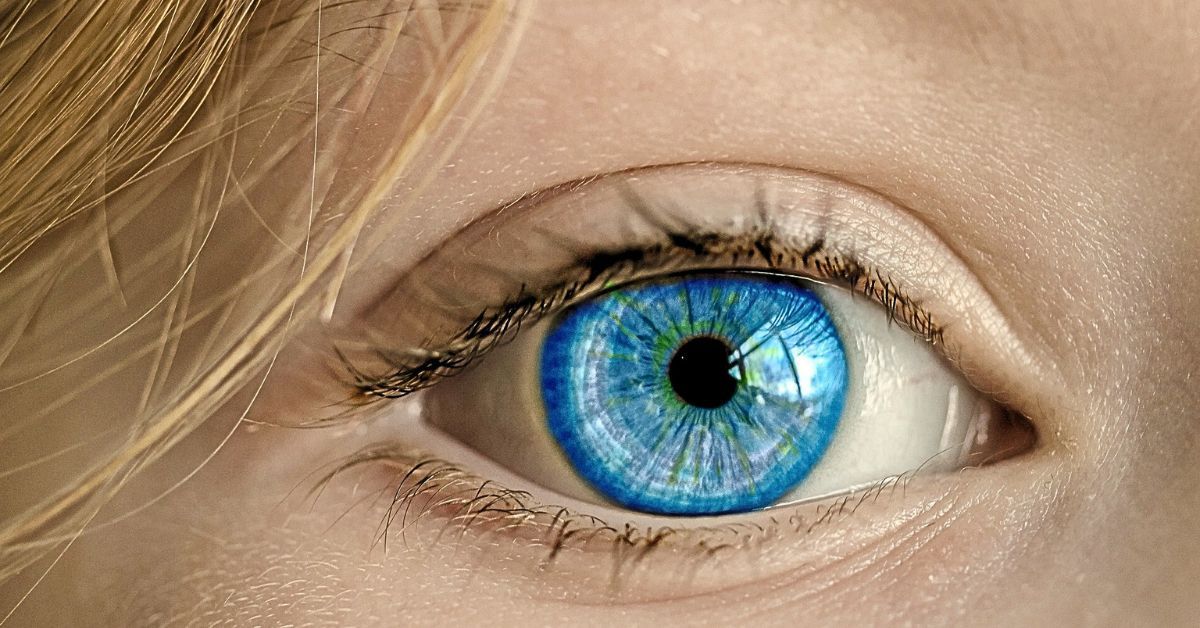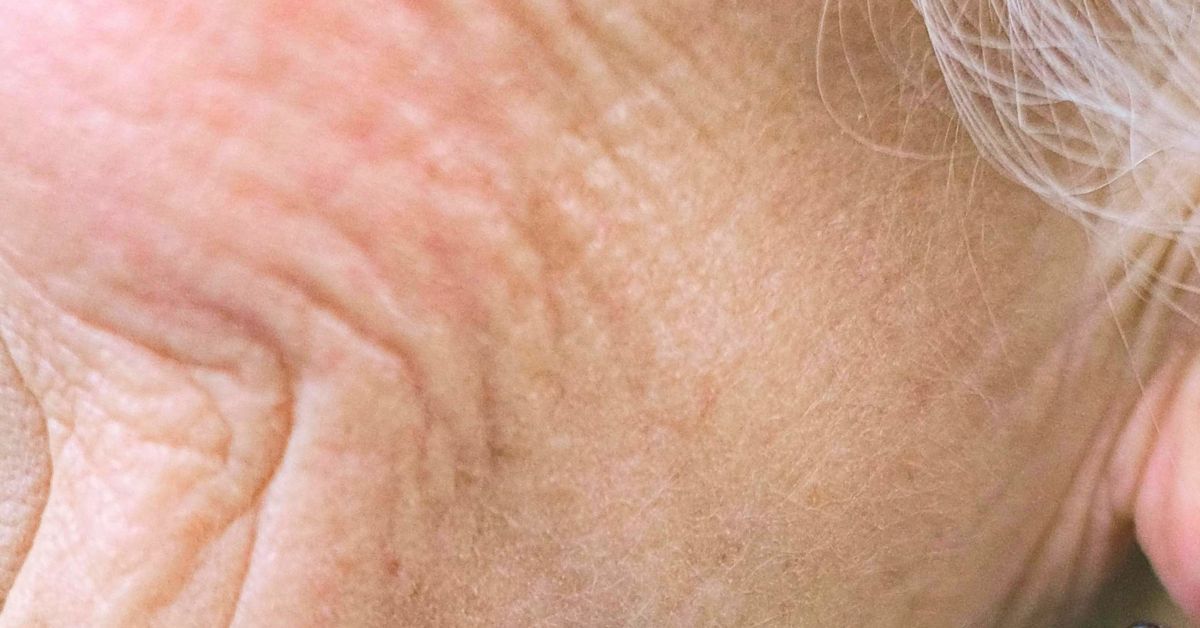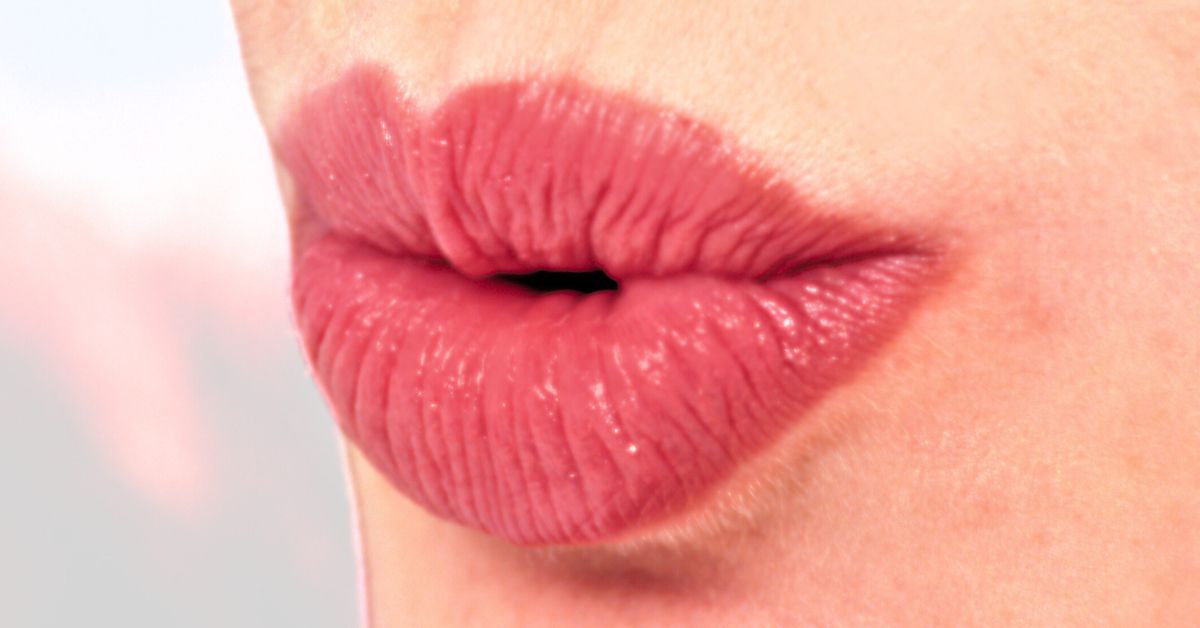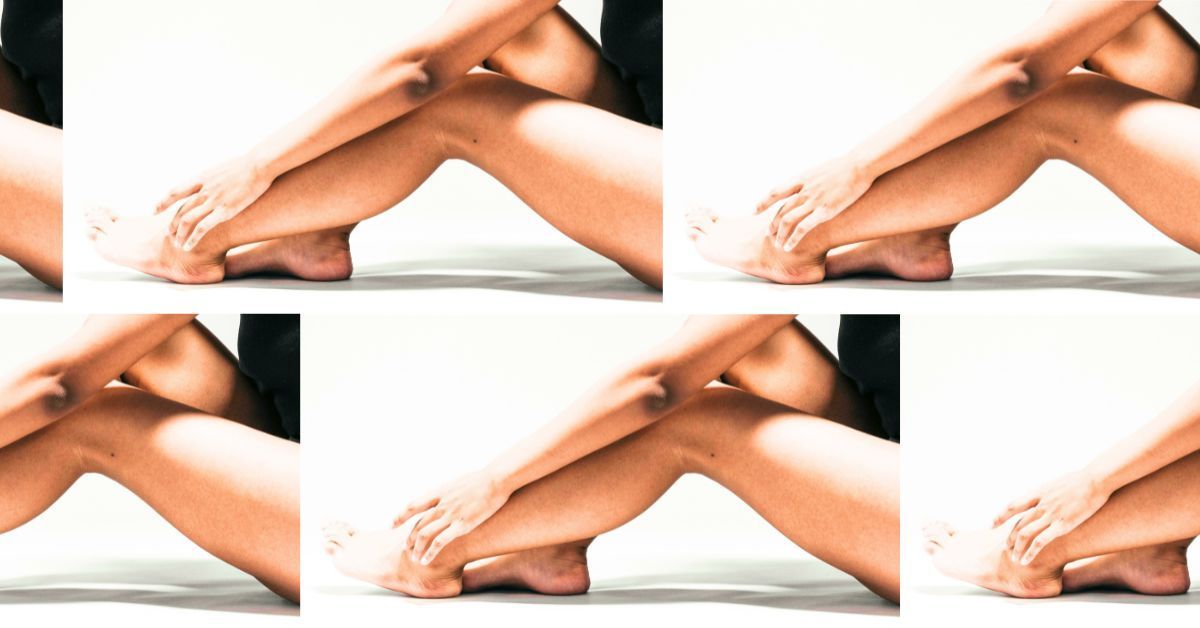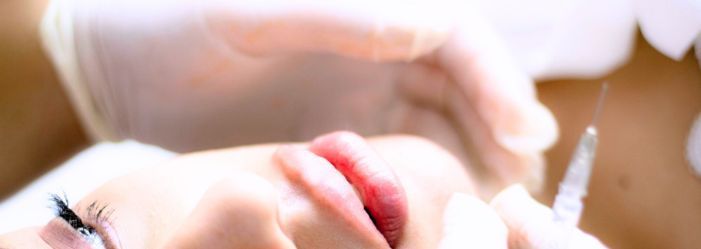The Connection Between Botulinum Toxin and Depression
Can Aesthetic Injections Help Alleviate Depressive Symptoms?
Could Botulinum Toxin, as used in Botox® treatments, help depression? Emerging research suggests that the act of injecting botulinum toxin may, at least, offer a novel treatment avenue to reduce depression by relaxing the muscles involved in frowning.
You may have heard that smiling, even forcibly, may help alleviate depression. Some studies actually support this.
The physical act of smiling could trigger positive neurological and physiological responses. That being said, the opposite may also be true with the act of frowning.
The proposed mechanism is that by eliminating the negative emotional feedback that frowns provide to the brain, Botox® can help improve mood.
Evidence Supporting Botox® for Depression
An analysis of five trials (1) found quality evidence that Botox® treatment can be effective for treating depression.
One randomised clinical trial (2) directly compared Botox® to a placebo for treating major depression and found a statistically significant difference in depression scores between the two groups at six weeks, with the Botox® group showing greater improvement.
Mechanisms of Action: How Botox® May Alleviate Depression
The proposed mechanism behind Botox®'s potential effects in alleviating symptoms of depression involves the paralysis of the corrugator muscles, which are responsible for frowning. This process decreases facial feedback related to negative emotions. As a result, maintaining a negative mood becomes more challenging, potentially improving overall mood.
Supporting this concept, research indicates that encouraging individuals to smile more frequently, regardless of their initial mood, can positively affect their mental state, contributing to mood enhancement and a reduction in depression symptoms. Cue: A Smile :-)!
The Facial Feedback Hypothesis and Emotional Well-Being
This relationship between facial expressions and emotional well-being is grounded in the theory of embodied cognition, suggesting that bodily actions significantly influence our mental states.
Specifically, when Botox® injections inhibit the frown muscles' activity, the feedback loop connecting facial muscle activity and the brain's emotional centre is interrupted. This disruption may lead to diminished negative emotional states.
The act of smiling, whether spontaneous or induced, can initiate the release of neurotransmitters like dopamine, endorphins, and serotonin, (3) as mentioned in this study. These chemicals are known for their mood-lifting properties. The facial feedback hypothesis (4) would suggest that just as smiling can make us feel happier by promoting the release of positive neurotransmitters, frowning might contribute to a decrease in mood (4).
The Future of Botox® in Treating Depression
The research on using Botox® to treat depression shows promising but mixed results. While some studies have found Botox® can alleviate depressive symptoms, the evidence is not yet conclusive, and more research is needed to understand its potential as a novel depression treatment fully. Overall, the evidence suggests that facial expressions can influence depression, with frowning potentially worsening it and smiling potentially improving it. A good a reason as any to smile more, even if you don’t feel like it!
In answer to the question, “Can Botox® help with depression?” It seems so, but probably only when used to smooth out the frown muscles.
We came across the mention of Botox® and depression while researching another article discussing the many uses of Botox®. We are not advocating that people who are depressed should go out and get Botox®. This article serves as food for thought.
References
1, O’Grady, Cathleen. “Botox® depression treatment raises eyebrows.” Science (2021): n. pag.
https://www.semanticscholar.org/paper/1f7b551da0bcf830f6f27fba02b9d0923d1d4369
2, Crowley, Jiwon S et al. “Glabellar Botulinum Toxin Injection Improves Depression Scores: A Systematic Review and Meta-Analysis.” Plastic and reconstructive surgery vol. 150,1 (2022): 211e-220e. doi:10.1097/PRS.0000000000009240
https://pubmed.ncbi.nlm.nih.gov/35588104/
3, Strack, F et al. “Inhibiting and facilitating conditions of the human smile: a nonobtrusive test of the facial feedback hypothesis.” Journal of personality and social psychology vol. 54,5 (1988): 768-77. doi:10.1037//0022-3514.54.5.768Psychological Science, November 2016. https://pubmed.ncbi.nlm.nih.gov/3379579/
4, Söderkvist S, Ohlén K, Dimberg U. How the Experience of Emotion is Modulated by Facial Feedback. J Nonverbal Behav. 2018;42(1):129-151. doi: 10.1007/s10919-017-0264-1. Epub 2017 Sep 27. PMID: 29497224; PMCID: PMC5816132.
https://pmc.ncbi.nlm.nih.gov/articles/PMC5816132/
We are dedicated to providing you with the highest quality care and achieving optimal results. Book in for an appointment to see how we can help with your concerns.



